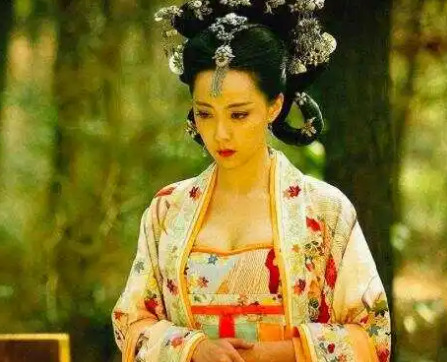In the history of the Qing Dynasty, Oboi was a prominent figure. As a favorite minister of the Shunzhi Emperor, he continued to hold important positions during the Kangxi period, once wielding heavy military power and wielding influence over the court and the country. However, despite Oboi's powerful military strength, he ultimately chose to die rather than overthrow the Kangxi Emperor. The reasons behind this are worth exploring.

First, as a general deeply trusted by the royal family, Oboi's power and status came from the support of the royal family. In the feudal society at that time, loyalty to the emperor and patriotism were the most basic moral norms. Although Oboi had tremendous power, he was well aware that everything he had was granted by the emperor, and betraying the emperor meant violating his own beliefs and moral bottom line. Therefore, despite his ability to stage a coup, Oboi never took this step.
Second, although Oboi had high prestige in the army, he was not unbeatable. Before him, there was a powerful minister named Doron who was executed for treason. Doron's example served as a warning to Oboi, making him realize that even with a large army, he might not be able to successfully usurp the throne. In addition, in the political system of the Qing Dynasty, the emperor's status was supreme, and the loyalty of ministers to the emperor was unquestionable. Under such circumstances, if Oboi dared to stage a coup lightly, he would inevitably face opposition and resistance from other ministers.
Thirdly, although Oboi's position in the court was solid, he was also aware that his own forces were not united. Around him, there were many ministers and generals loyal to the emperor who could turn against him at any time. Once Oboi launched a coup, these people were likely to side with the emperor and become enemies of Oboi. In this case, Oboi's chances of success would be greatly reduced.
Finally, Oboi himself may not have truly wanted to be emperor. In his heart, loyalty to the country and veneration for the emperor may have been far more important than personal power. Under such circumstances, he preferred to maintain the existing order rather than risk pursuing higher power.
In summary, there are many reasons why Oboi, with a large army in his hands, chose to die rather than overthrow Kangxi. His loyalty and beliefs, vigilance against past lessons, clear understanding of the court's forces, as well as personal qualities and values have all influenced his behavior to some extent. These factors worked together to make Oboi ultimately choose to maintain the emperor's rule rather than risk pursuing higher power. This also reflects the stability of the Qing Dynasty's political system and the loyalty of ministers to the emperor.
Disclaimer: The above content is sourced from the internet and the copyright belongs to the original author. If there is any infringement of your original copyright, please inform us and we will delete the relevant content as soon as possible.































